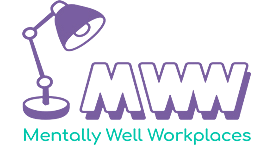Why and How a Strengths-Based Approach to Workplace Wellbeing Works Well.

A survey conducted by HAYS found that 67% of the professionals surveyed believe their employer has a responsibility to support their mental health and wellbeing at work.
While employers have a legal and moral obligation to build and maintain systems and structures that protect and promote sound mental health at work, employees also have a role to play. Employees have a responsibility to look out for their and their colleagues’ physical as well as mental health and safety.
Given that our work occupies a substantial portion of our lives, there are instances when it can introduce stress or disrupt our work-life equilibrium. Consequently, possessing the knowledge to safeguard your mental health while at work becomes indispensable.
Encouraging employees to proactively understand and nurture their wellbeing is a powerful approach that not only benefits individuals but also contributes to a thriving workplace. Here’re other ways you can take a strengths-based approach to fostering wellbeing at work:
Normalise, don’t stigmatise: Normalise the concept of self-care within the workplace culture. Encourage open discussions about the importance of mental health, fostering an environment where individuals feel comfortable acknowledging their needs and engaging in self-care practices without fear of judgment.
Empathy, Not Sympathy: Empowerment occurs when empathy takes precedence over sympathy. Employees desire interactions that validate their feelings, acknowledge their struggles, and treat them with the dignity and respect they deserve.
Accommodation, Not Special Treatment: Collaborate with your teams to find solutions that accommodate individuals’ needs without treating them differently. Employees appreciate workplace adjustments that level the playing field and allow them to perform optimally without stigma.

Practical Tips for Fostering a Culture of Empowerment and Collaboration
1. Open Communication Channels
Establish channels for open communication about mental health. This encourages employees to share their experiences, challenges, and suggestions, fostering an environment of mutual understanding.
2. Education and Training
Provide comprehensive education and training on mental health to foster empathy and awareness among all employees, helping dispel stigma and misconceptions.
3. Mentoring and Peer Support
Establish mentoring programs or peer support networks that enable employees to learn from one another’s experiences and offer guidance based on shared challenges.
4. Non-Judgmental Environment
Employees need assurance that sharing personal challenges won’t result in judgment or negative consequences. Psychological safety ensures that their vulnerabilities won’t be used against them.
5. Prioritising Boundaries
Help employees establish healthy boundaries between work and personal life. Encourage them to disconnect during non-work hours, take breaks, and avoid overextending themselves. Respecting these boundaries can prevent burnout and enhance overall wellbeing.

The pervasive stigma surrounding mental health has impeded progress for far too long. It’s not solely the responsibility of employers to address this challenge; it is our collective duty to transform society’s perception of mental health. When we stand together in paving the way for open conversations, understanding, and acceptance, we are actively nurturing mental wellbeing at work.
Promote a Culture of Mental Health Awareness at Work
Inducting all staff into mental health training helps create a culture that values mental health and wellbeing. When everyone is educated about mental health, it fosters empathy, understanding, and support, reducing stigma and promoting a positive and inclusive work environment.
Like physical first aid inductions that bring new staff up to speed with safe work protocols, MWW’s Mental Health Induction equips staff with key information on fostering emotional and mental wellbeing at work.
We specialise in evidence-based Mental Health induction modules across varied sectors.
Our inductions have a global reach and are now available in four languages.
Contact us for a free trial of MWW’s workplace mental health induction courses today!
Interact with us on social media. We are on Facebook, Instagram and LinkedIn.



































Responses